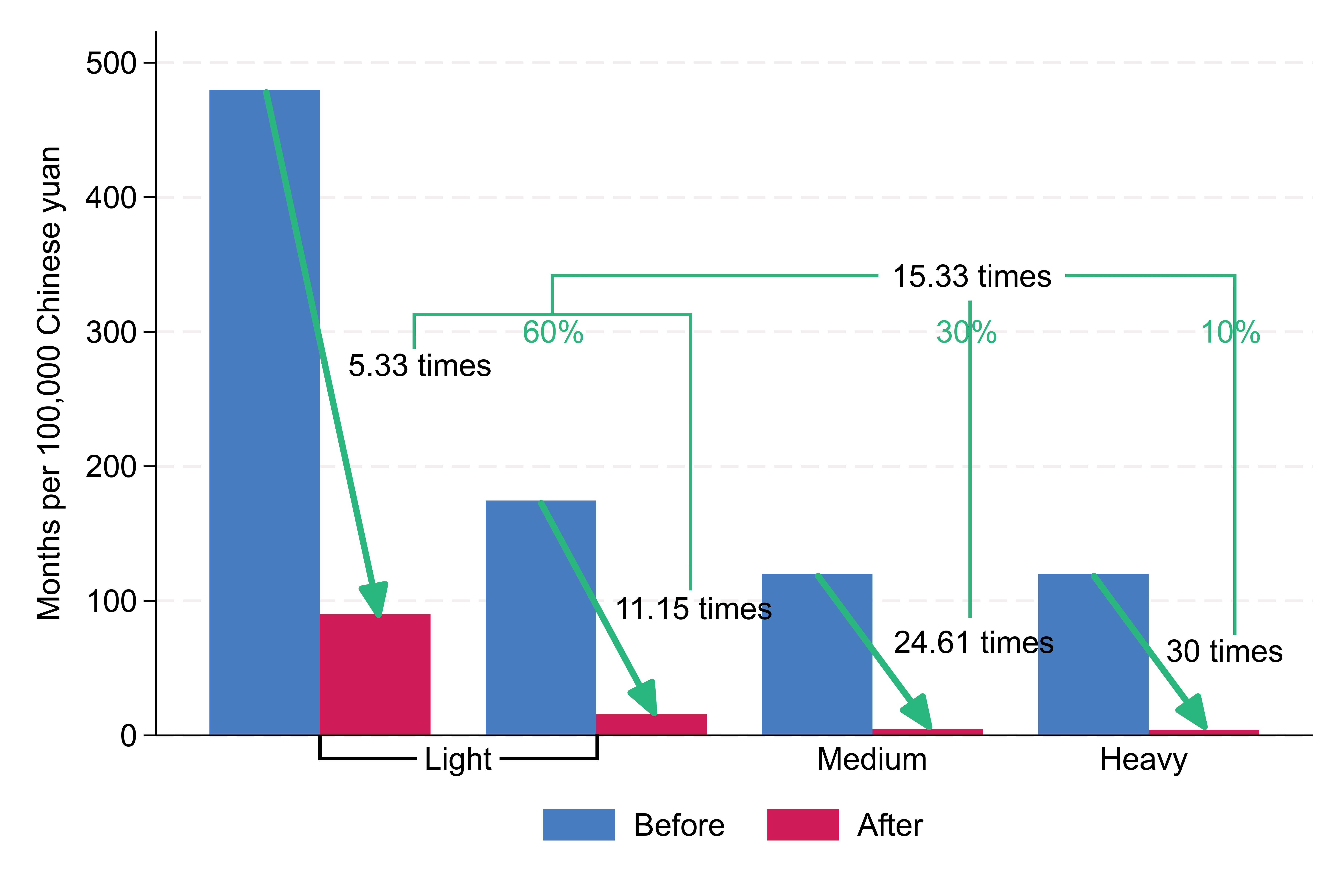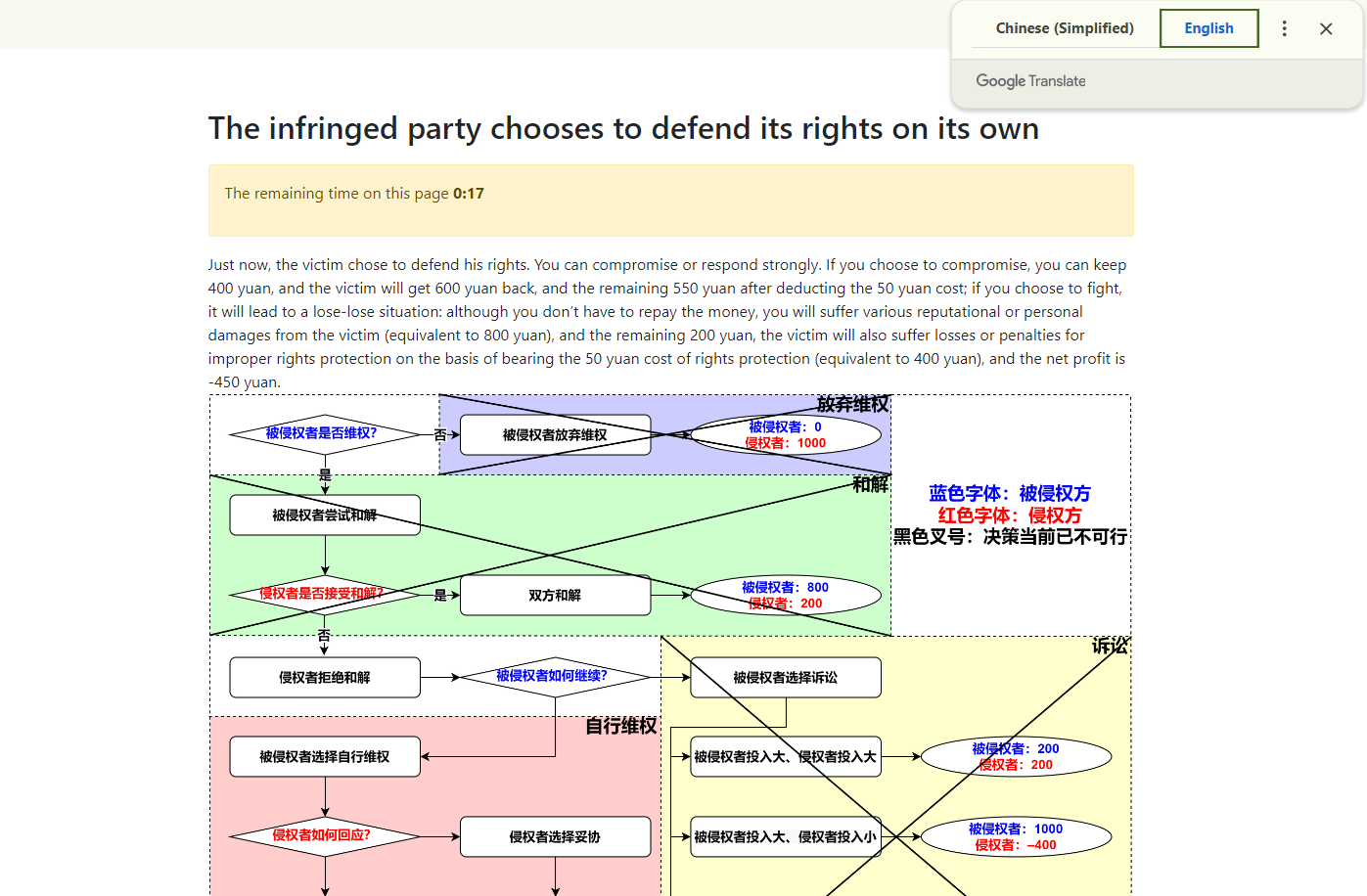2025

Utilitarian Proportionality: An Empirical Evidence of Crimes of Embezzlement and Bribery in China
Huabing Li
2025 Annual Meeting of GLEA, 2025 Annual Conference of AsLEA, 2024 EMLE Midterm Meeting
Proportionality is a core principle in modern criminal law, reflecting the retributivist goal of matching the severity of punishments with the gravity of crime. However, from a utilitarian perspective, proportionality may be less important, and can even be sacrificed for enhancing crime deterrence and social efficiency. Are proportionality and utilitarianism compatible? We empirically examine whether more proportionate punishment conflicts with utilitarian goals, using China's 2016 reform aimed at reducing harsh punishments for crimes of embezzlement and bribery as evidence. Employing a novel municipal-level panel dataset on embezzlement crimes, bribery crimes, and misappropriation of public funds crimes from 2001 to 2020 and using a generalized difference-in-differences model to assess pre- and post-reform variations, we find that the reform succeeded in reducing the severity of punishments, not only because of the relaxation of penal standards, but also because offenders no longer have strong opportunistic incentives to commit serious crimes under a more reasonable hierarchy of marginal deterrence. Although the reform led to an overall increase in the number of crimes due to reduced deterrence, most of the increase is concentrated in minor offenses. In conclusion, the reform did not cause more severe social harm. These findings suggest that proportionality is compatible with utilitarianism and should also be an important consideration within the utilitarian framework, providing key insights for countries considering reducing excessively severe punishments.

2024

Economic Analysis of Self-help
Huabing Li
2024 14th AEDE Annual Conference
This paper examines a long-neglected remedy, self-help, using a multifaceted approach within law and economics. First, the paper discusses why self-help is chosen, noting that within the framework of remedy system, self-help is chosen primarily because of the difficulties of the settlement and the dilemmas of the litigation. Second, the paper uses game theory and behavioral economics experiments to model above theories and identifies the potential problems of self-help, namely, its application may be dangerous and under-utilised. To address these issues, the paper uses two causal inference empirical models to answer the question of whether fine-tuning self-help and optimising litigation can benefit self-help practice. The results show that refined legislation on self-help can help promote the rational use of self-help, but attempts to reduce judicial costs and improve its efficiency often tend to be less effective due to insufficient intensity. The discussion in this paper will provide a marginal contribution to a more comprehensive understanding of human's decision-making on rights remedies.
